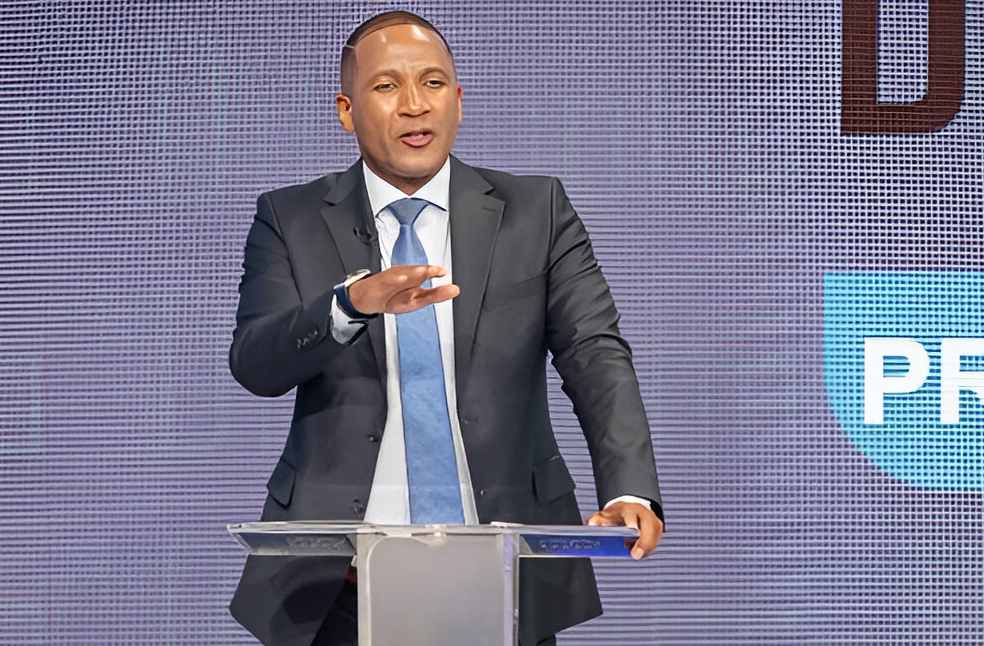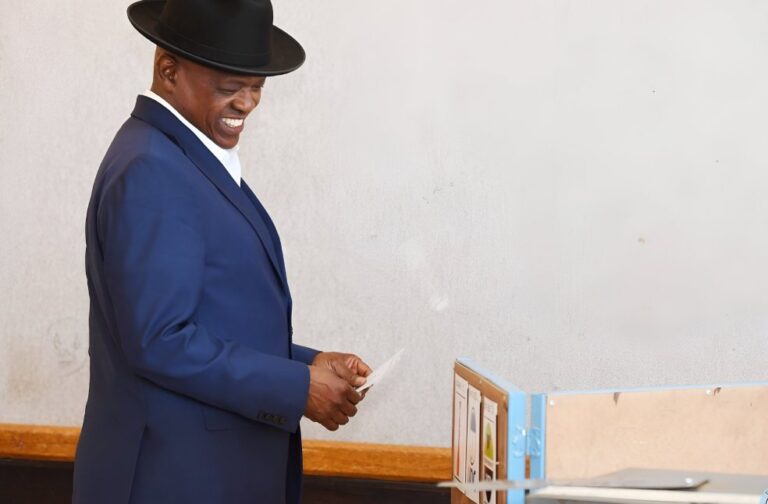Botswana: Voters in Botswana have rejected the long-standing ruling party, marking a powerful political shift in the diamond-rich nation. The Botswana Democratic Party (BDP), which has held power since the country’s independence in 1966, faced a historic defeat in the recent parliamentary elections, winning only one seat as preliminary results emerged.
In contrast, the opposition coalition known as the Umbrella for Democratic Change (UDC), led by renowned human rights lawyer Duma Boko, has claimed victory with 20 seats and is poised to secure a majority in parliament. Projections indicate that the UDC will surpass the critical threshold of 31 seats needed to form a government. This seismic shift comes as Botswana grapples with economic challenges, including inert growth and rising unemployment, which have rusted support for the BDP.

Duma Boko is set to become Botswana’s next head of state when the newly elected parliament assembled for the first time. This election marks Boko’s third attempt at the presidency, and he has called on his supporters to “maintain vigilance and discipline” as the transition unfolds. His rise reflects a growing desire among the electorate for change after years of BDP governance.
Boko will replace Mokgweetsi Masisi, who has been in office since 2018 and led the BDP’s unsuccessful campaign. Masisi’s notice of potential change failed to resonate sufficiently with voters, signalling a profound dissatisfaction with the party’s recent performance. As Botswana stands on the brink of a new political era, the UDC’s victory could pave the way for significant reforms in governance and policy in the southern African nation.



